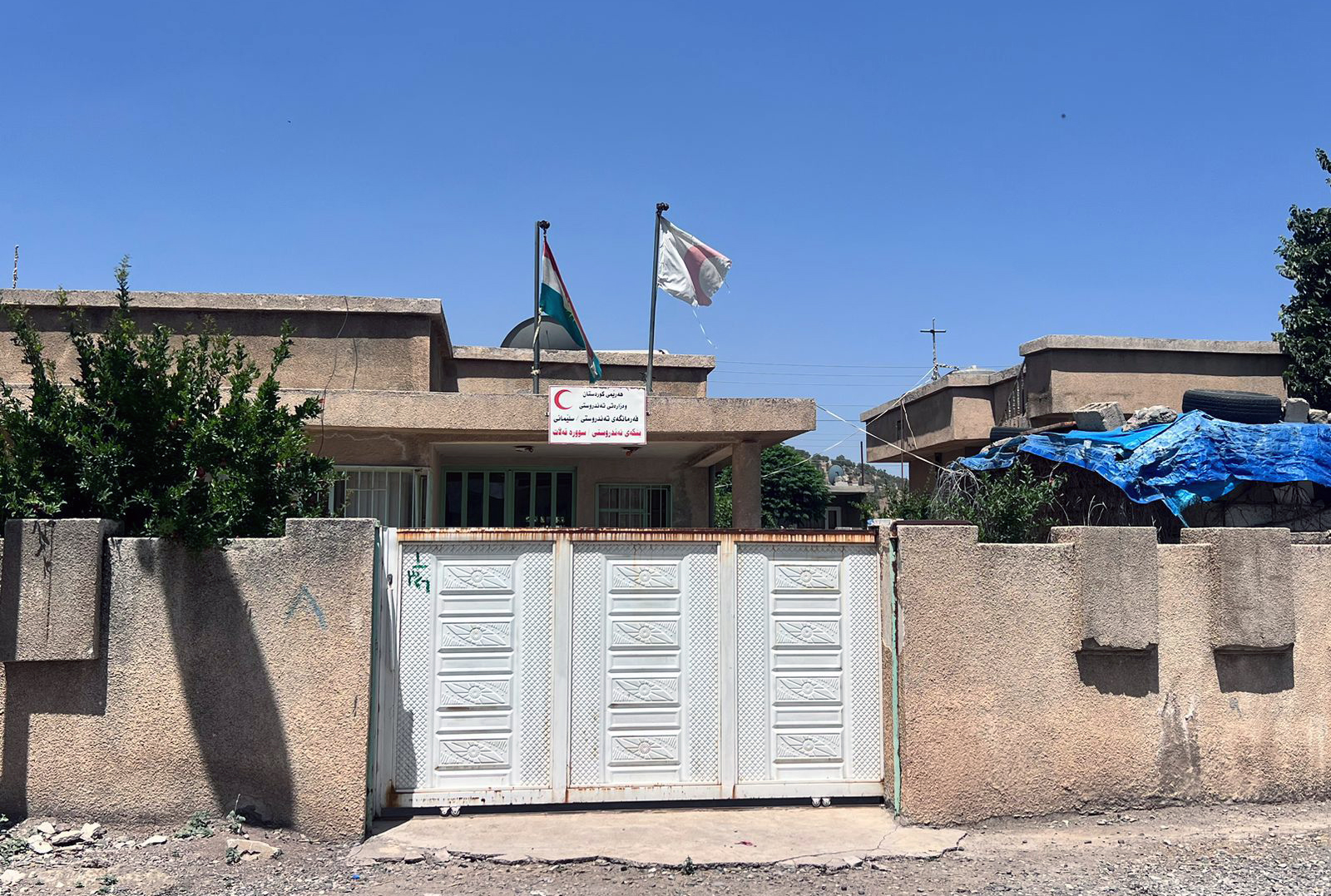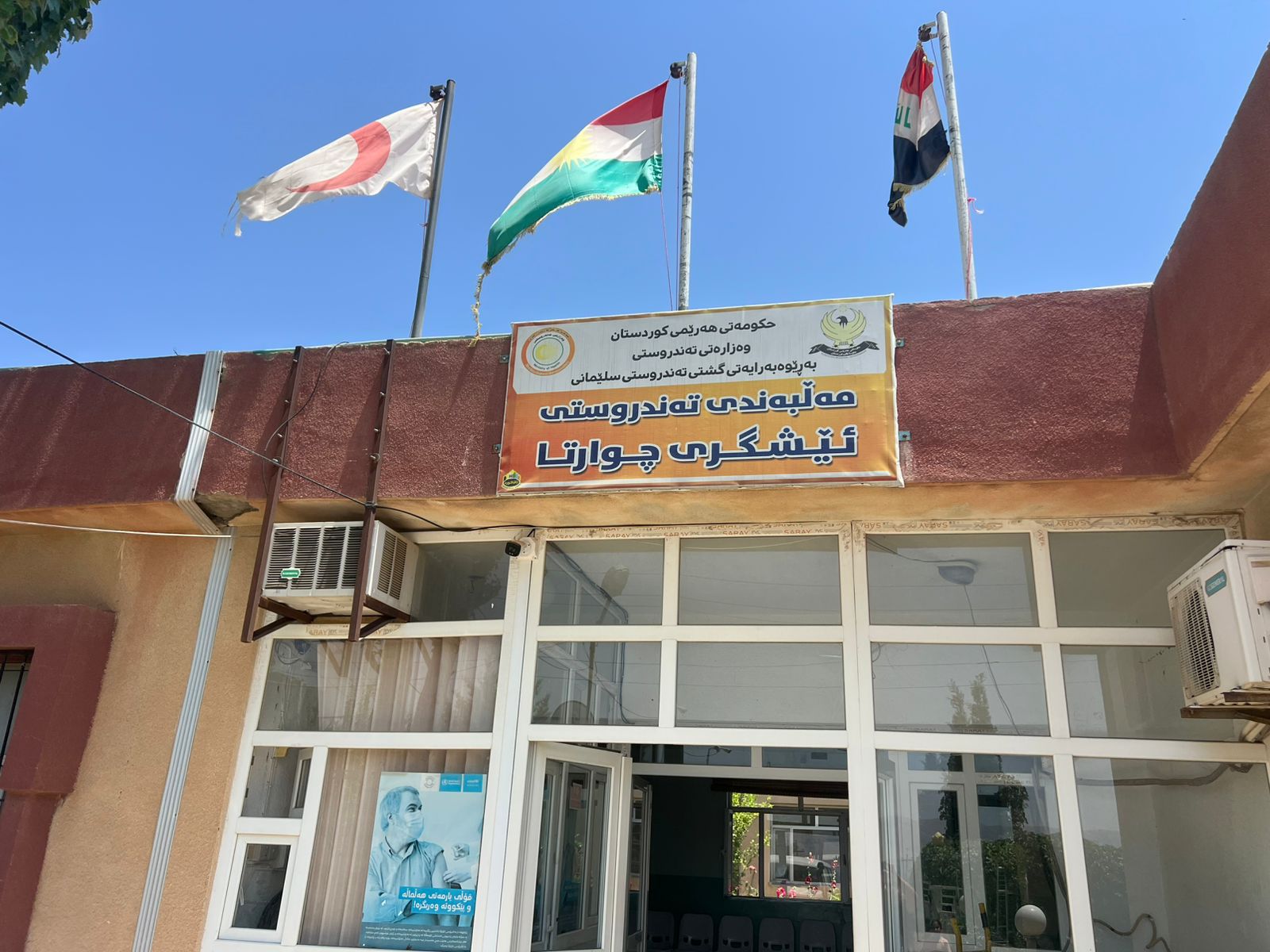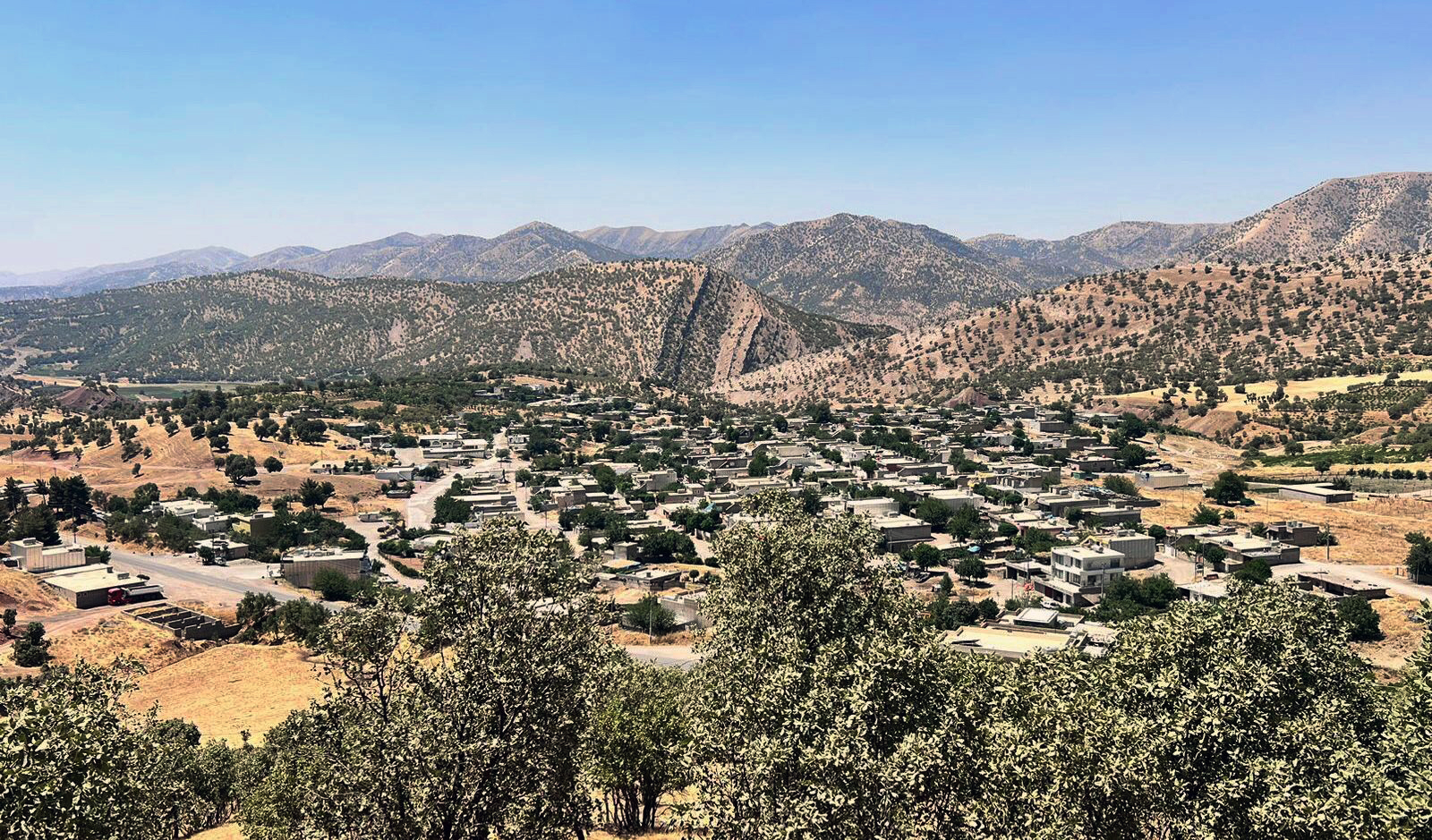In addition to the burden of pregnancy, women in rural and remote areas face even more misery due to the lack of specialist doctors and both public and private health services.
In both Sharbazher and Mawat districts in northern and northeastern Sulaimaniyah province, which have about 200 districts and villages and a population of more than 35,000 people, there is not a single gynecologist or obstetrician available, neither in the public nor private sector.
People in these areas have to travel to Sulaimaniyah center for checkup by a specialist doctor, with the most remote village being more than 75 kilometers from the city center, equating to about a two-hour car journey.
Roshna Mohammed, a mother of a two-year-old child and pregnant with her second child, is facing this challenge due to the lack of a gynecologist in her village, the largest village in the region.
She resides in the village of Sura Qalat in Mawat, which has more than 400 households and is a 20-minute car ride from the district center and about 50 minutes from the center of Sulaimaniyah.
Roshna expressed her struggles, stating, "Once because there is no doctor in our area and once when I have to travel from our village to Mawat or Chawarta for all vaccinations for myself, my child, and pregnancy tests."
Only in Chawarta and Mawat are there health centers that provide services for pregnant women and vaccinations.

Iraq's healthcare system, once one of the most advanced in the region, is now in a serious crisis. There is a shortage of buildings, drugs, and medical staff to administer care. The country has faced challenges from wars, political instability, and the departure of many doctors seeking opportunities abroad.
The political chaos after 2003, pushed an estimated 15,000 out of 52,000 registered Iraqi doctors to leave the country, seeking training and life abroad rather than permanent state employment.
Roshna and others in the community have repeatedly requested the establishment of gynecologists and obstetricians in Chawarta and Mawat, as well as health centers in their village to care for pregnant women and vaccinate children, but their pleas have gone unanswered.
According to the Kurdistan Regional Government (KRG) Statistics Board for 2025, the population of Sharbazher is more than 24,000, with over 16,000 residents living in rural areas.
Awat Mahmoud, the director of the Chwarta health center, shared, "There are no gynecologists and obstetricians available, neither in the public sector nor any doctor who has their own clinic."
All health services needed for pregnant women and babies after birth are only available in Chawarta and Mawat health centers. Citizens in Sharbazher and Mawat villages must travel to these two centers.

Sulaimaniya, 2025: Chwarta health center provides helathcare services for pregnant women. KirkukNow
There are 54 health centers in Sharbazher, with only the Chwarta central health center offering pregnancy health and vaccination services, providing free monthly services to 100 to 120 women and children.
“Due to lack of property, continuous retirement, migration and death, 10 more of the 54 health centers may be closed. Most of the centers are run by volunteers," Mahmoud added.
There are 74 maternal and infant care units in Sulaimaniya province, 53 of which are in the city and 21 in the districts and villages. About 3,000 women benefit from its services monthly, according to statistics from the Sulaimaniya Health Strengthening Department.
In 2019, the Iraqi government allocated just 2.5% of the state’s $106.5 billion budget to its health ministry, while security forces received 18% and the oil ministry 13.5%. The same was true for 2014.
Over the past decade, data from the World Health Organization WHO shows, Iraq’s central government has consistently spent far less per capita on healthcare than its much poorer neighbors - $161 per citizen each year on average, compared to Jordan’s $304 and Lebanon’s $649, a report by Reuters found.
Rezan Farid, head of the medical assistant in the maternity unit and supervisor of the health centers in and outside the city of Sulaimaniyah Health Prevention Directorate, mentioned that some centers outside the city do not provide information about family planning.
"Unfortunately, this is due to the lack of specialists in these places.”





